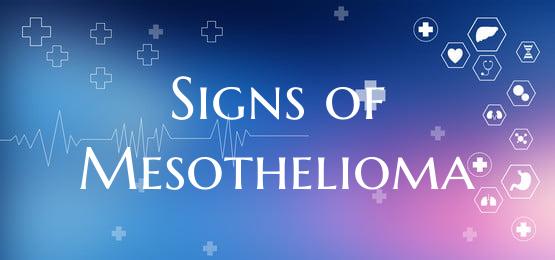
Signs of Mesothelioma
Mesothelioma is a rare but aggressive form of cancer that affects the mesothelium, a thin membrane that lines the chest and abdomen. This disease is primarily linked to asbestos exposure, with symptoms often taking decades to manifest. Recognizing the signs of mesothelioma is crucial for early detection and prompt treatment.
1. Persistent cough: One of the most common early symptoms of mesothelioma is a chronic cough that doesn't go away. This cough may be accompanied by blood in the sputum or chest pain.
2. Shortness of breath: As mesothelioma progresses, patients may experience difficulty breathing, even with minimal physical exertion. This can be due to the accumulation of fluid in the chest cavity, known as pleural effusion.
3. Chest pain: Pain in the chest or abdomen is a common symptom of mesothelioma. The pain may worsen with deep breathing, coughing, or physical activity.
4. Fatigue: Feeling unusually tired or weak, even after getting enough rest, is another sign of mesothelioma. The cancer can cause generalized fatigue and weakness as it progresses.
5. Unexplained weight loss: Sudden and unexplained weight loss is often a red flag for various types of cancer, including mesothelioma. As the disease advances, the body may struggle to maintain weight due to metabolic changes.
6. Difficulty swallowing: Mesothelioma that affects the abdominal lining (peritoneum) can lead to symptoms such as difficulty swallowing, nausea, and abdominal pain. This is known as peritoneal mesothelioma.
7. Swelling of extremities: In some cases, mesothelioma can cause the accumulation of fluid in the arms or legs, leading to swelling known as edema. This is often a sign of advanced disease.
8. Night sweats: Experiencing excessive sweating, particularly at night, can be a symptom of mesothelioma. Night sweats may be severe and disrupt sleep patterns.
It's important to note that these signs and symptoms are not exclusive to mesothelioma and can be caused by other health conditions as well. If you or someone you know is experiencing these symptoms and has a history of asbestos exposure, it is crucial to consult a healthcare provider for a thorough evaluation and proper diagnosis. Early detection of mesothelioma can improve treatment outcomes and quality of life for patients.